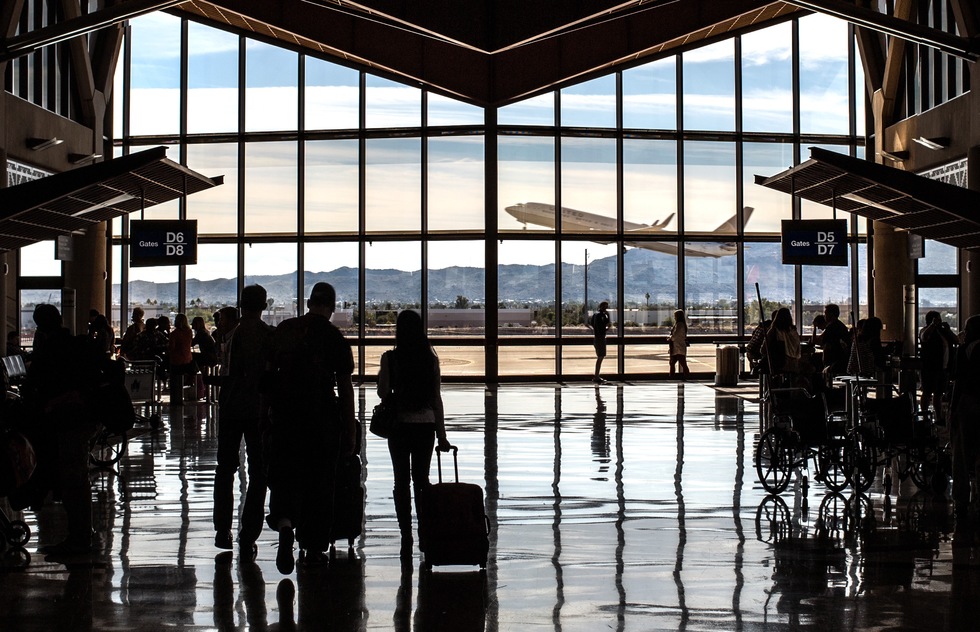This week, United Airlines rolled out a new experiement that could simultaneously result in increased profits for the airlines and decreased stress for passengers.
Called the “Flex-Schedule Program,” the concept is simple. Instead of waiting until all the passengers are at the gate to start culling bodies from oversold flights, the airline will send out emails up to five days ahead offering passengers incentives to rebook. That switcheroo will come with some potent guarantees: The new flight will be the same day as the original flight, and the passenger will leave and depart from the same airports.
This would mean fewer bad P.R. kerfuffles for United, and smartphones could no longer capture irate passengers being unwillingly bumped. But more importantly, it will allow it to keep overbooking—and perhaps making extra revenue by doing so. To take one hypothetical example, if the airline knows that business travelers tend to book 8am flights from Los Angeles to New York City during the week before departure, it might reach out to lower-paying passengers and ask them to change flights so that it can resell the seat at a higher, last-minute price.
A potential downside is that fewer passengers will be able to score $1,000 at the gate for being bumped. The new vouchers given out in advance online by United will be for significantly less money (reportedly the amount will be capped at $250). And we have yet to see what types of vouchers will be offered. If the airline tries to entice fliers with miles, that would be far less valuable than a voucher—we all know how difficult it is to get free flights with miles nowadays.
United started its test with a limited sample of loyalty members and those who opted in to marketing emails. But I have a feeling this is going to work for it (and its shareholders), and soon, for other airlines.
The program, which is being run by an outside company called Volantio, will also roll out for Australia’s Qantas Airlines and Tiger Airways in the coming months, as well as Alaska Airways here in the U.S.
The program, which is being run by an outside company called Volantio, will also roll out for Australia’s Qantas Airlines and Tiger Airways in the coming months, as well as Alaska Airways here in the U.S.






